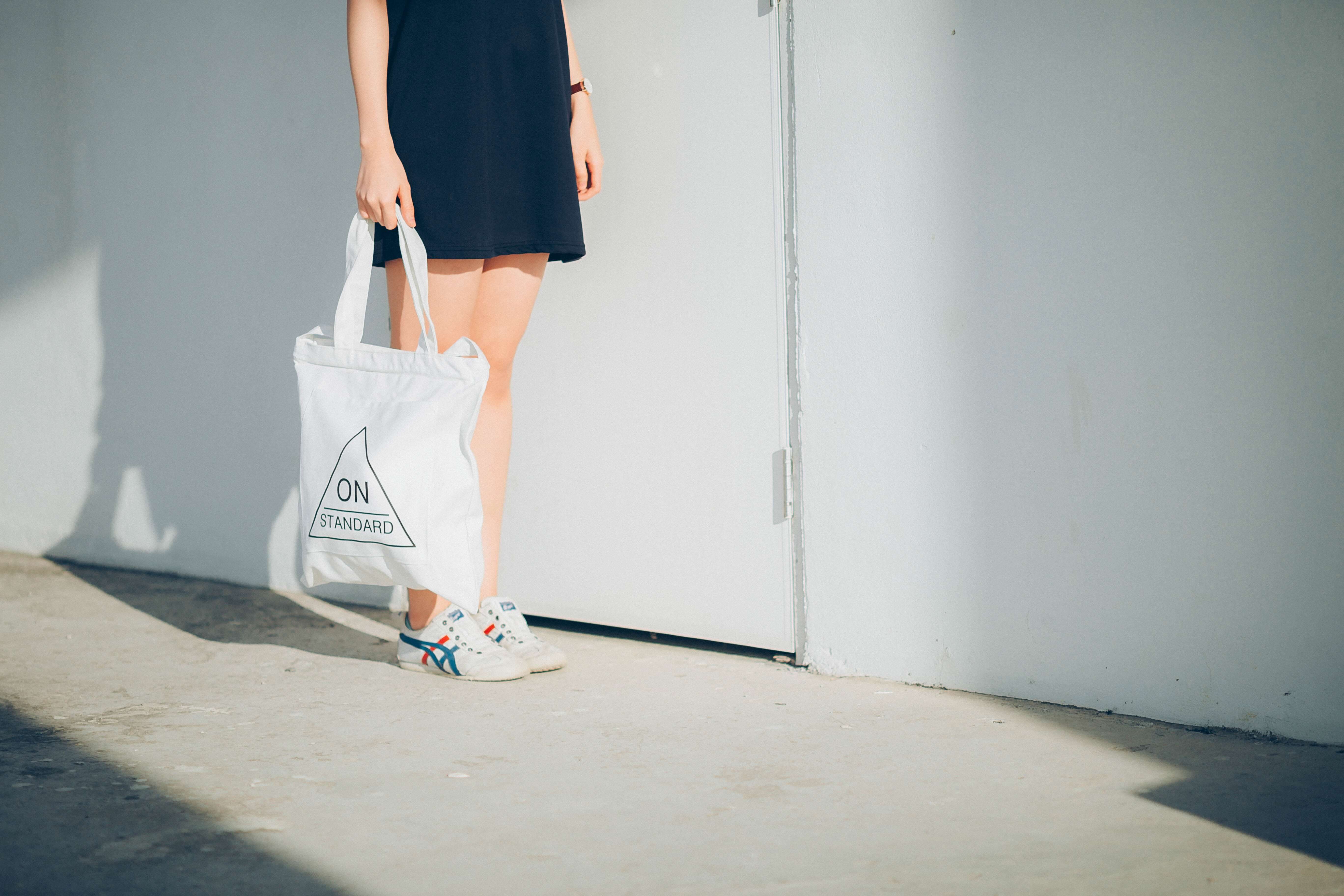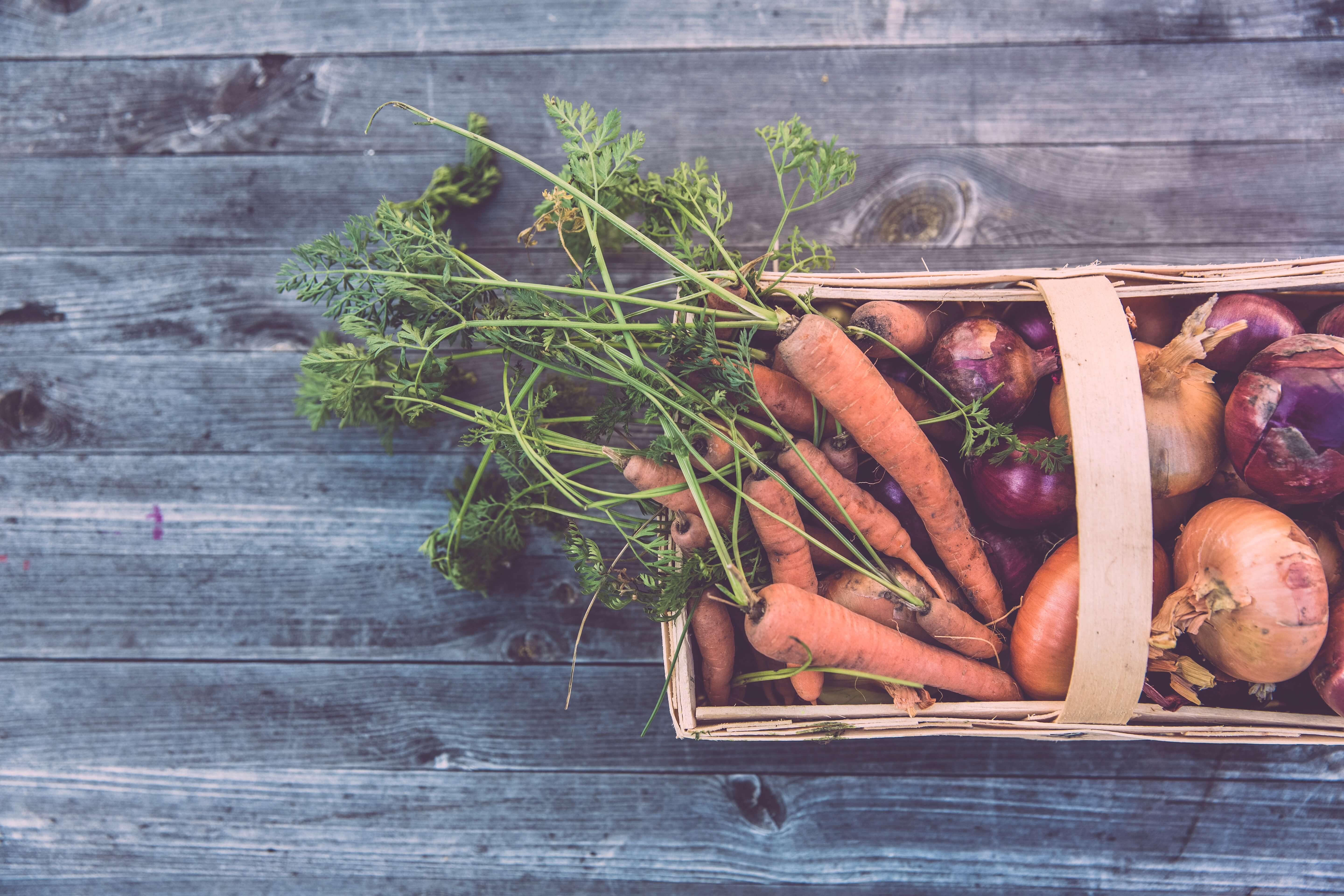Plastic carrier bags are unsightly, terrible for our wildlife, use up finite natural resources to manufacture and take years to decompose. It wasn’t until the government stepped in that we really started to question our need for such a ‘convenient’ item. The good news is that alternatives are plentiful, cheap, and easily available.

As uplifting as the Status Row journey has been, to be honest, there are times when this plastic stuff gets you down. The sheer magnitude of the statistics; seeing for myself (both here and in Hong Kong) the extent of plastic waste littering our countryside and coastline, and learning about the impact on the health of wildlife and indeed humans. But there is good news. Single-use plastic bags are one of the top 4 in a list of the biggest contributors to ocean plastic, but dramatic changes to our usage of these items give us hope we can crack this plastic problem!
In October 2015 England introduced a 5p charge on single-use plastic carrier bags. The year before it was estimated that supermarkets gave away a whopping 8.5 billion single-use plastic bags- around 140 bags for each of us, per year. In the 6 months following the charge, plastic bags from supermarkets fell by over 80%. Hurrah! (Any work colleagues can read all about it in the House of Commons Library briefing). Not only is the charge good news for the environment, but the has government estimated that it will actually benefit our economy by £780m over 10 years.
The charge in England followed similar ones in Wales, Scotland and countries around the globe. Ireland was the first country to have introduced such a charge, way back in 2002, with an immediate fall in usage from 328 to 21 plastic bags per capita. But is a charge enough or should we be going further? This year Kenya followed other African countries including Rwanda, Mauritania and Eritrea with an outright ban on plastic bags. They now have some of the toughest penalties in the world with a potential prison sentence of 4 years! Shockingly, it was reported that in Kenya, plastic bags had even been finding their way into grazing cows… I’m now regretting that BBQ in Nairobi last year…
In England, the exemptions to the charge (such as small shops- you know who you are blokes buying beer in front of me at Liverpool St last night) and the fact that we are still buying them by the hundreds of millions, means there are still an awful lot of unnecessary single-use plastic bags consumed each year. These could easily be eliminated if people simply carried a re-usable bag.

Normally in our ‘big 5 plastic problems’ blogs, we’d provide you with helpful hints on where you can find plastic-free alternatives. So here we go- alternatives are everywhere!!!!! You can pick up bags for life in most supermarkets but please go for reusable cloth or bamboo ones and avoid plastic completely: they pack away into just a small pouch which you can easily slip into your handbag, rucksack or even your pocket. If you’ve been on a course or attended a conference recently, chances are you’ll have been gifted with a free tote bag- even easier! We even have work tote bags for our new graduates’ study materials (though in return you have to do 3 years accountancy training and a tough set of exams, so might be easier to just pick up one at the M&S till).
Just remember to keep any uncooked meats separate and to clean your bags!
For me what the plastic bag charge shows us is that education is everything. We love ease and convenience and until then ban, we didn’t give a second thought when people ‘helpfully’ put our shopping into plastic bags. Maybe there are some people who don’t like paying 5p (there are theories that just giving plastic a value to us makes a difference- hence the proposed plastic bottle deposits). But I also think for a lot of us, it is that we are now having to make a choice at the till, and one which we are now much better informed to make. So what will your answer be next time you’re asked ‘would you like a 5p carrier bag?’?